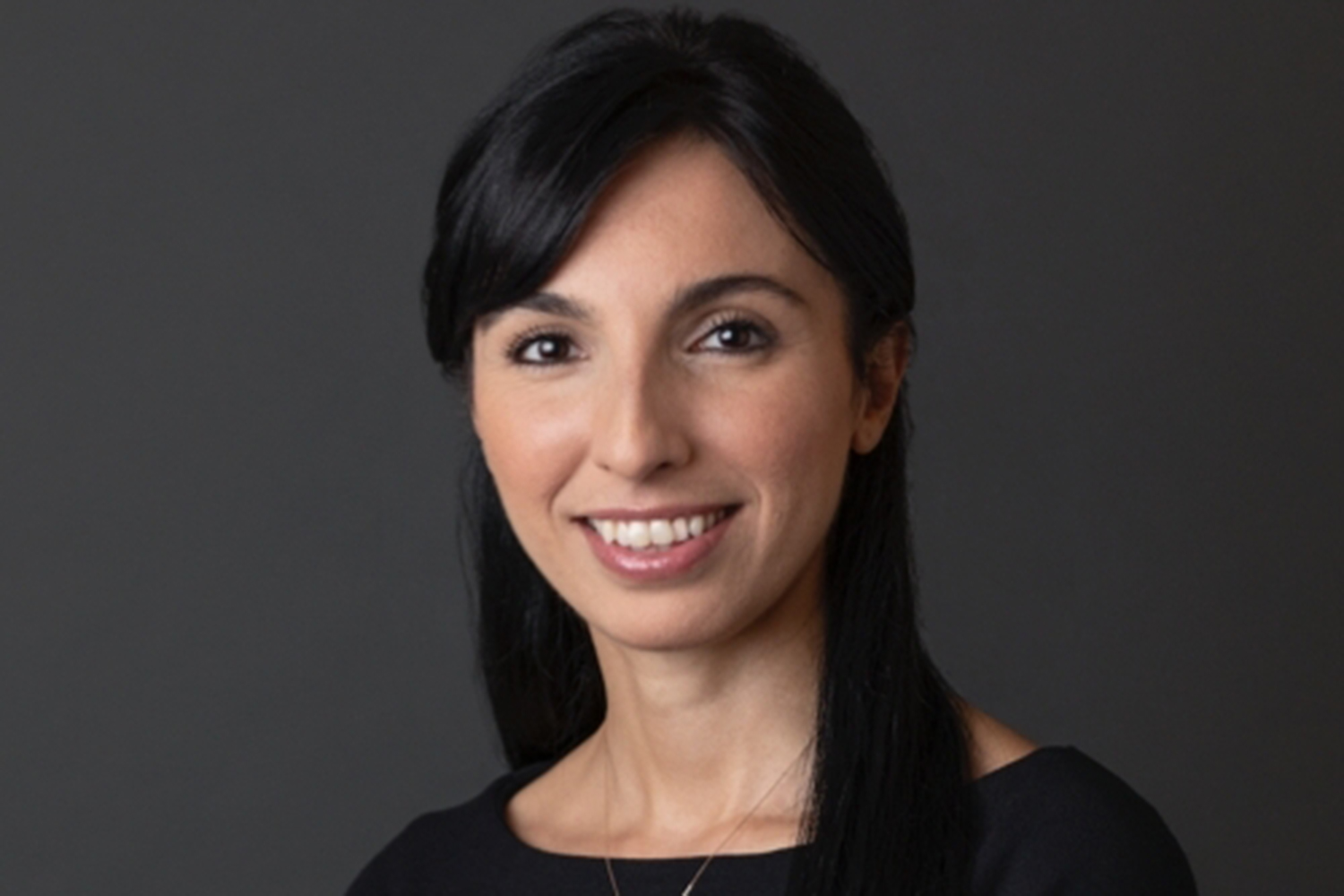
Hafize Gaye Erkan has been named governor of the Central Bank of Turkey, an institution expected to play a key role in efforts to boost the country’s crisis-hit economy.
Erkan becomes the first woman to head the institution after being appointed by Turkish President Recep Tayyip Erdogan.
The 41-year-old has had a stellar career in the US corporate world with stints in financial services, banking, investment, risk management, technology and digital innovation, but little is known about Erkan in her home country.
Erkan was born in Istanbul in 1982 to an engineer father and a mother who taught mathematics and physics. She attended one of the top state schools in Turkey, Istanbul High School, and graduated second in her class.
She studied industrial engineering at Bogazici University, one of the most prestigious universities in Turkey, and went on to earn a doctorate in operations research and financial engineering from Princeton University in the United States in 2006.
Erkan later completed business programmes at Harvard Business School and the Stanford Graduate School of Business in 2015 and 2016, respectively.
Corporate career
Erkan joined the global investment bank Goldman Sachs as an associate in 2005, and by 2011, she had been named managing director.
She joined First Republic Bank in 2014, where she became co-chief executive officer in 2021.
In 2018, she was named to the 40 Under 40 lists by Crain New York Business and the San Francisco Business Times, which noted that Erkan was the only woman under 40 holding a president or CEO title at one of the 100 largest US banks.
Erkan is a supporter of the National Coalition of Girls’ Schools, with which she recently founded the Hafize Gaye Erkan First Republic Fellowship Program for young women and girls.
In June 2022, Erkan was appointed chief executive officer of Greystone, a New York-based real estate finance and investment company.
Last week, Erdogan named Mehmet Simsek, an advocate of orthodox economy policies, as Turkey’s treasury and finance minister. The appointment suggested a retreat from what is widely considered Erdogan’s unorthodox economic policies, including the belief that raising interest rates increases inflation.







